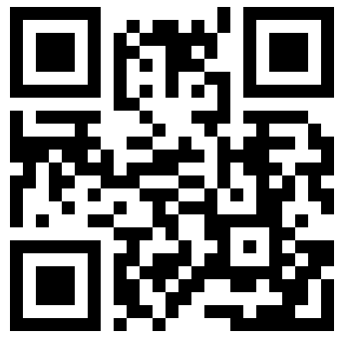Phone
+86 18630938527
Future trends and challenges of medical ultrasound scanners
introduction
Medical ultrasound scanners are widely used in clinical medical diagnosis due to their non-invasive, convenient, real-time, and accurate characteristics. With the continuous development of technology, medical ultrasound scanners are also making continuous progress in technology and application. This article will explore the future trends and challenges of medical ultrasound scanners, in order to provide reference for research and development in related fields.
Future Trends
technological innovation
With the continuous development of technology, medical ultrasound scanners are also constantly innovating in technology. In the future, medical ultrasound scanners will develop towards greater efficiency, accuracy, and convenience. For example, adopting more advanced signal processing techniques can improve image quality, reduce noise, and improve resolution; The use of artificial intelligence and machine learning technology can achieve automatic recognition and diagnosis, improving diagnostic efficiency and accuracy; The use of portable and wearable devices can facilitate doctors and patients to conduct medical examinations anytime and anywhere.
Application expansion
The application fields of medical ultrasound scanners are also constantly expanding. In the future, in addition to its widespread applications in obstetrics and gynecology, cardiovascular, abdominal, and musculoskeletal fields, medical ultrasound scanners will also be widely used in fields such as neurology, oncology, and pulmonary medicine. At the same time, medical ultrasound scanners will also play an important role in early disease screening, disease monitoring, and efficacy evaluation.
Popularization and improvement
With the continuous improvement of medical standards and the increasing emphasis on health, medical ultrasound scanners will become increasingly popular. In the future, medical ultrasound scanners will be widely used in grassroots medical units and home healthcare, becoming an important tool for routine examinations and health management. At the same time, as doctors and patients continue to improve their understanding of medical ultrasound scanners, their usage and popularity will also continue to increase.
challenge
technical barriers
Although medical ultrasound scanners have been widely used, there are still certain technical barriers. For example, due to the complexity of human tissues and individual differences, obtaining more accurate and reliable images remains a technical challenge. In addition, high-precision medical ultrasound scanners are expensive, and how to reduce costs and improve accessibility is also a problem that needs to be solved.
Improved diagnostic accuracy
Although the image quality and resolution of medical ultrasound scanners continue to improve, there are still certain errors and uncertainties. How to improve the diagnostic accuracy of medical ultrasound scanners is an important challenge. This requires doctors to have rich practical experience and professional theoretical knowledge, as well as continuous improvement of equipment and technology.
Regulations and Standardization
As a medical device, medical ultrasound scanners need to comply with relevant regulations and standardization requirements. However, there are still certain differences in regulations and standardization requirements for medical ultrasound scanners both domestically and internationally, and how to better adapt and meet these requirements is also an important challenge. In addition, with the continuous development of technology, how to update relevant regulations and standards in a timely manner is also a problem that needs to be faced.
conclusion
Medical ultrasound scanners, as an indispensable diagnostic tool in modern medicine, will continue to play an important role in the future. However, in the face of technological and application challenges, as well as constantly changing medical needs and policy environments, we need to constantly strive for innovation, improvement, and improvement. By strengthening technological research and development, promoting widespread application, improving diagnostic accuracy and standardization levels, medical ultrasound scanners will play a greater role in the future medical industry.
If you have any questions, please contact us!
CONTACT US

